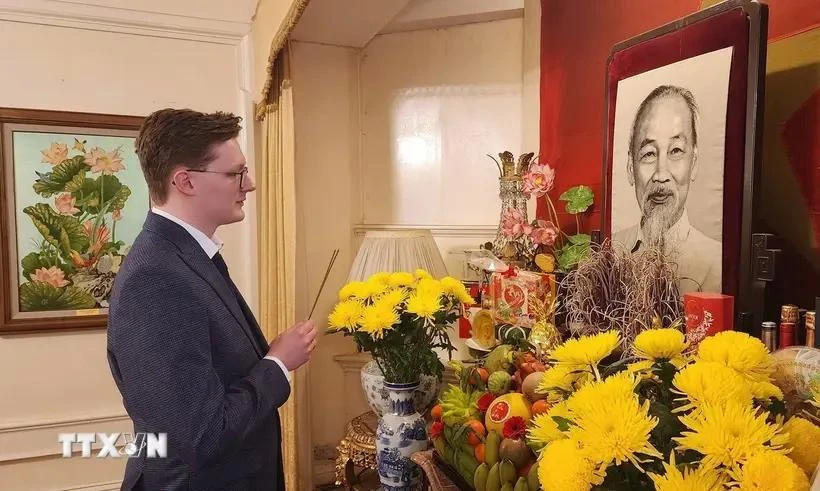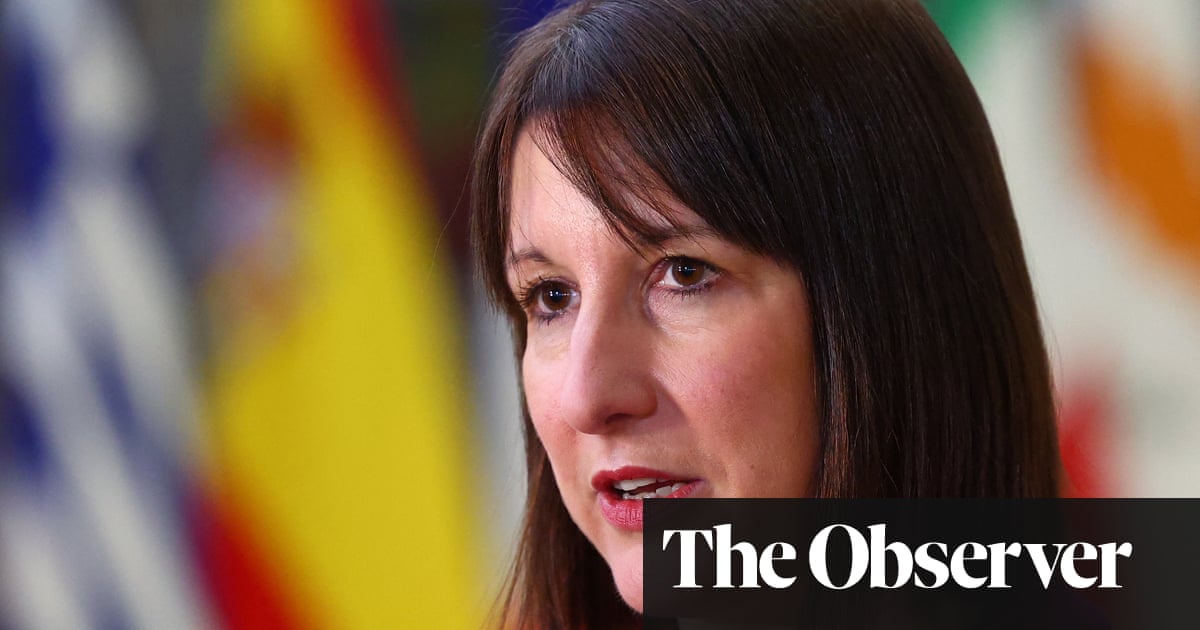London (VNA) – President Ho Chi Minh’s dedication to the Party and the people of Vietnam as well as of the world striving for freedom, peace, independence, and socialism was boundless, said Kyril Whittaker, UK researcher of Vietnamese politics and history.
In a recent interview granted to the Vietnam News Agency on the occasion of the 134th birth anniversary of the late leader, Whittaker, who is also a member of the Communist Party of Great Britain (CPGB), said from a very young age, Ho Chi Minh was aware of the brutal exploitation of the Vietnamese people at the hands of French colonialists and as he traveled the world trying to find a solution to Vietnamese independence, he became aware of the struggle of the working class and colonial peoples worldwide.
From his early days witnessing the brutal exploitation of Africans in French Dahomey and the vicious racism in the US, to his studies at the University of the Toilers of the East, he became a revolutionary fighter with a profound awareness of the struggles of not just the people of Vietnam but also of the whole world, the researcher said.
The Vietnamese late leader stated in his article ‘The Path Which Led Me to Leninism’ that through study and practical experience, step by step he saw that only socialism and communism could free the oppressed peoples of Vietnam and the world. To this end, President Ho Chi Minh dedicated his whole life to the Party and people of Vietnam as well as the international struggle for peace and socialism.
According to Whittaker, regardless of whatever faced him, President Ho Chi Minh kept fighting, and even in the worst of times, he would always struggle for others. Whilst in prison he would teach socialism, write letters of appeal for the illiterate, and help keep up other people’s spirits.
Whittaker cited his favourite poem written by President Ho Chi Minh whilst in prison ‘Listening to the Sound of Rice Pounding’, saying that it encapsulates best the dauntless spirit of Ho Chi Minh, a communist who always worked for the people and not for himself, who struggled on and maintained that hard work must be faced head-on and overcome.
To his very last days, President Ho Chi Minh’s thoughts were of the people of Vietnam, of national reunification, independence, freedom, peace, and socialism in Vietnam and around the world, the researcher said.
Commenting on the values of Ho Chi Minh ideology and Vietnam’s application of it today, the UK researcher said the ideology is encapsulated in the policies of the Party and the State of Vietnam.
It contributes to encouraging unity and laying the foundations for the Communist Party of Vietnam and the State today, he said, noting that the application of Ho Chi Minh ideology is also reflected in the fight against corruption.
In terms of encouraging learning, President Ho Chi Minh stated that learning is a lifelong continuous process, Whittaker said, noting that the Vietnamese State now encourages this learning in several ways, through its education system and various organisations linked to the State.
Concerning patriotism and proletarian internationalism, the Vietnamese State has developed the foreign policy of ‘Bamboo Diplomacy’, a concept based on the traits of bamboo prescribed by Party General Secretary Nguyen Phu Trong as having ‘strong roots, sturdy stems, and flexible branches’, the researcher said.
Vietnamese foreign policy is based upon concrete values and positions which are unchangeable and lie with the Vietnamese State, namely its independence, socialism, peace and freedom such as the defence policy of ‘four no’s’, he said, adding that these ‘strong roots’ are alongside with being flexible and open to furthering its international partnerships and friendships around the world, promoting economic cooperation and scientific knowledge exchange.
The researcher said Vietnam is firm on the path of building the socialist State and socialist people as stated by President Ho Chi Minh: “To build socialism, we must first of all have socialists.”./.






